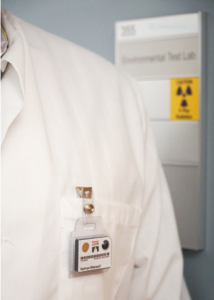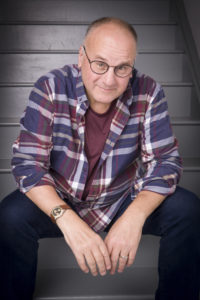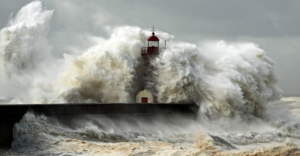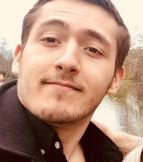Time: Thursday 20 Aug 2020 from 19:15 for 19:30
Due to the COVID-19 pandemic, this event will be delivered online. More details can be found here.
TITLE: Passive Covert Radar and similar ESM systems: what they are, and what they can do.
War-fighters have always trying to get good “observation” – preferably without being observed in turn. Passive systems like Passive Covert Radar, which “piggybacks” on emissions from other sources like for example radio, TV or phone signals, provide a very useful capability. While the battlefield implications have always driven “Electronic Support Measures” (ESM) like these, there are far wider benefits in the preservation and use of the limited electromagnetic spectrum by using existing emissions rather than cluttering up the spectrum.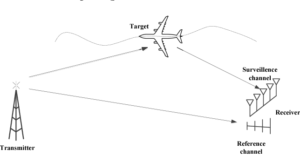 This talk covers the advantages and disadvantages of these, and the illuminators we can use, ending with a sharpened focus on a particular war fighting role that can deeply affect aircraft used in war.
This talk covers the advantages and disadvantages of these, and the illuminators we can use, ending with a sharpened focus on a particular war fighting role that can deeply affect aircraft used in war.
Speaker: Andy Cooke
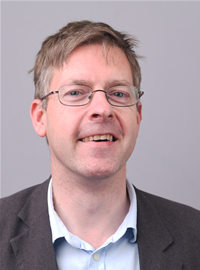 Andy Cooke joined the RAF as an Engineering Officer after a degree in Physics from Imperial College, doing tours in Air Defence Radar, Satellite Communications and Spacecraft Operations, Air Traffic Systems Engineering Authority, Secure deployable IT systems, and Electronic Warfare Analysis (following a further degree at Cranfield University with a thesis on Sensor Fusion of Multistatic Radars of Opportunity). He retired from the RAF as a Squadron Leader in 2012 and is now an Enterprise Architect specialising in secure IT systems and a District Councillor for Vale of White Horse.
Andy Cooke joined the RAF as an Engineering Officer after a degree in Physics from Imperial College, doing tours in Air Defence Radar, Satellite Communications and Spacecraft Operations, Air Traffic Systems Engineering Authority, Secure deployable IT systems, and Electronic Warfare Analysis (following a further degree at Cranfield University with a thesis on Sensor Fusion of Multistatic Radars of Opportunity). He retired from the RAF as a Squadron Leader in 2012 and is now an Enterprise Architect specialising in secure IT systems and a District Councillor for Vale of White Horse.



